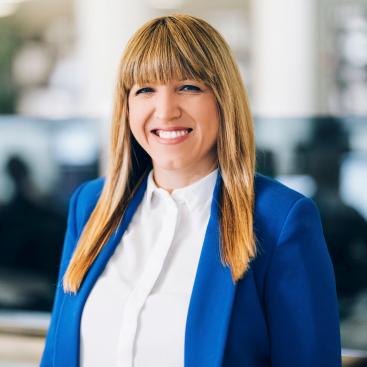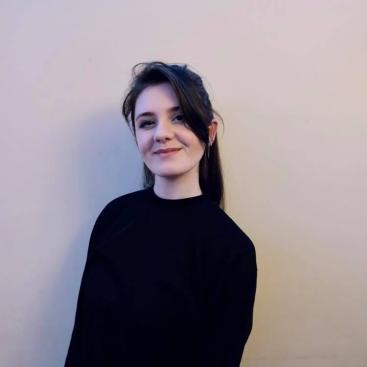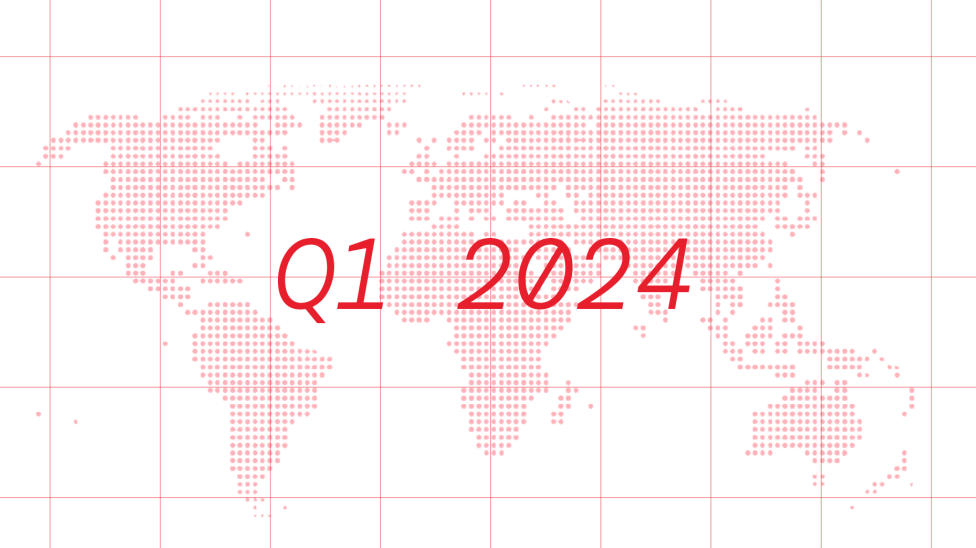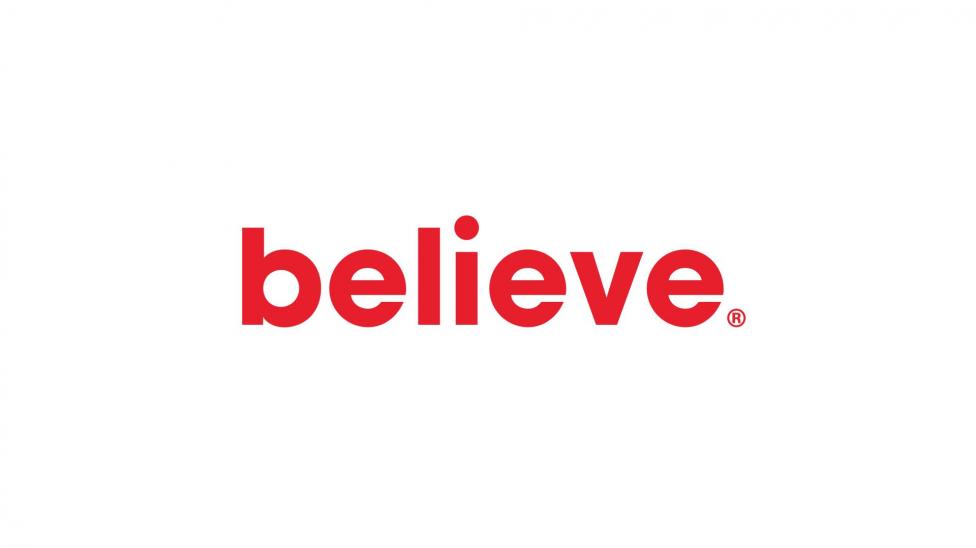
Can we achieve gender equality in the music industry?
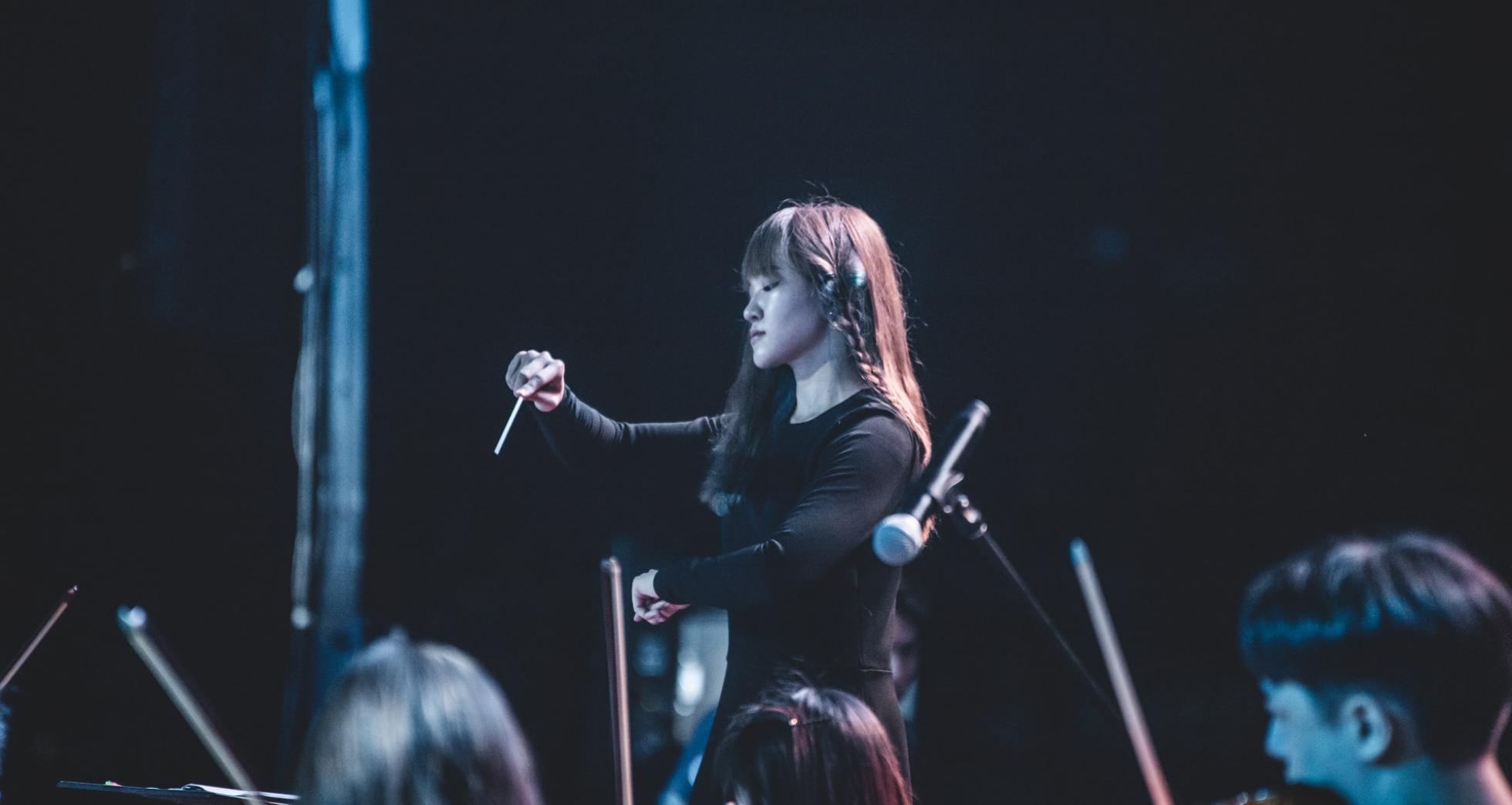
Despite living in seemingly progressive times, the representation of women in music is still unequal. The latest Annenberg study revealed that across the 900 most popular songs from 2012 to 2020, women made up just 21.6% of artists, 12.6% of songwriters and 2.6% of producers. Another recently published study by TuneCore, Believe and MIDiA Research, titled Be The Change, dug into the why behind these stats, focusing on the DIY sector.
The research revealed the challenges and experiences of 401 women creators around the world. Highlight findings include that 81% of respondents think it’s harder for female artists to get recognition than male artists, and almost two-thirds identified sexual harassment or objectification as a key challenge. You’ll find the full results of the study in the link above.
Here, we chat about the results with Hanna Kahlert, who is Cultural Insights Analyst & Content Editor at Midia Research. She helped construct the survey that was used to collect the results from the study as well as conducting the qualitative interviews and co-writing the report. You’ll also hear from TuneCore’s co-Head Andreea Gleeson, who urges readers to follow her three calls to action: to gain awareness of the issues that exist by reading the study, sharing it with others, and joining this group for those across the industry who are interested in helping to inform change.
Andreea, I understand that the motivation for the study came from TuneCore. Can you tell us why you wanted to do it?
Andreea: When I started to work more closely with Believe CEO Denis Ladegaillerie last year, we talked about our objectives and key results (OKRs) and the number one thing was a need to focus on gender parity, so that became a really big priority for the organisation. At the same time, it always bothered me that our female representation was so low — at TuneCore, 28% of our clients are female and it's been that way since I joined five years ago. For me, it was important to get the answer for this because we don’t have the kind of barriers at DIY level that might be present for chart-topping artists. The results from the latest Annenberg study showed that there’s been no progress in the last 10 years in terms of representation for women at a certain level in music. In fact, in 2020, the representation of female artists in popular music declined to 20.2% [from 22.5% in 2019]. The good news is that representation for artists of colour has grown over the last 10 years from 38% in 2012 to 59% in 2020, and that’s why we wanted to focus on gender parity specifically. I started to do some more research and found that there aren't a lot of studies that get into why this is happening and what can we do about it, or any that focused on DIY artists, and that’s what inspired this study.
There were two things that really stuck out – one is that women don't want to be treated differently. They want to have the same access to resources and opportunities that men have.
What do you consider to be the most important or useful learning from the study?
Hanna: One of the big responses we got back from women is that it’s really important to see the numbers on this and know it’s not just a perception you have that's being dismissed. A lot of the men who read it are saying: “These numbers are insane and we didn't know”. We really hope that this will be a building block to make more progress. The respondents also said that there’s a lot of discussion, but there's also a lot of lip service and tokenism. The music industry and everything that’s incumbent resists change but conversation only goes so far and then you really need to take action.
Andreea: There were two things that really stuck out – one is that women don't want to be treated differently. They want to have the same access to resources and opportunities that men have. It's not about having a women's panel at SXSW, for example, it’s about how women are represented on all the panels. The second thing is that the solution isn't simple because the issues are so widespread. Like I said, we're going backwards right now, and the definition of insanity is trying to do the same thing and expecting a different result. We have to approach this differently if we're going to actually drive some change and that's something that we all have to do on an individual level.
How would you like to see the wider music industry react to the results? What change would be most effective right now?
Hanna: What we heard from respondents was that these artists want to have the opportunity to prove themselves, to get experience, training, and to be respected and treated equally. A lot of times with diversity policies it’s, ‘We should just be getting the person who's best for the job’ and you shouldn’t not be doing that, but you need to make sure that the hiring and talent pool is evenly balanced and very diverse. The talent is out there and it adds to your portfolio and brings value to what you do as a business. It's a win-win on all sides to give people those opportunities. Maybe that means looking for a slightly more creative background — if you're female, LGBT or in an ethnic minority group, you may not have had the same opportunities to get the credentials that a white dude has, but you've still been able to do something to get you to a position where you're asking for that job and feel like you can do it. Maybe recruiters need to broaden what they perceive to be a valid credential.
Andreea: Each of us has a role to play in our respective jobs — what are we doing on a day-to-day basis to utilize our position to help advocate for this? It's something that I've had to ask myself — what else could I be doing both within my company and then externally as well? Then, the only way we're really going to make this improve is if we start working across the industry with different companies to try and put something more meaningful in place. I'm having a lot of collaborative discussions with other leaders who are as passionate about making a change as me on this.
if you're female, LGBT or in an ethnic minority group, you may not have had the same opportunities to get the credentials that a white dude has, but you've still been able to do something to get you to a position where you're asking for that job and feel like you can do it. Maybe recruiters need to broaden what they perceive to be a valid credential.
I can imagine female musicians reading the results of the study and feeling a bit discouraged about the status quo. Do you have any advice for them?
Hanna: Although a lot of the numbers are a bit depressing, there’s a big message of hope in there. The industry is in a much better place than it was 10 years ago, these issues are being discussed, they're being taken seriously and female creators are asking for more from their careers than they could have probably envisioned being able to ask for in the past. There are tools and networks that are starting to make a difference. Change takes a long time but the beginnings of it are there and a lot more people are now open to being part of it.
Andreea: The fact that we are talking about these issues and how to fix them takes us further than we were before this study happened. I think there's a real appetite right now in everybody that I'm talking to to actually do something different because the results of this, and the Annenberg study, are not good. In sport, star athletes don't get to become star athletes by just focusing on what they're good at, they focus on things they're not good at in order to make improvements and that’s where we are.
- READ the Be The Change : Women Making Music 2021 study on MIDiA's website.
- JOIN the group Be The Change : Women Making Music on LinkedIn.
